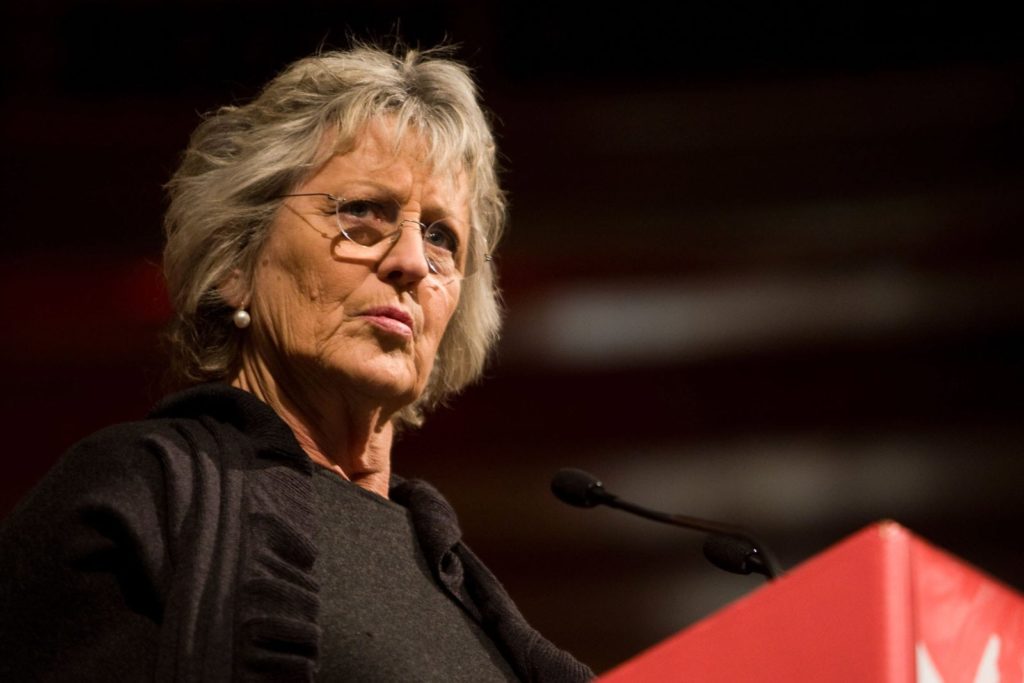UK education secretary Gavin Williamson’s ‘free speech’ university plans rely on ‘misleading’ research, says academic

Gavin Williamson. (Wiktor Szymanowicz/Barcroft Media via Getty Images)
Britain’s education secretary Gavin Williamson is relying on “misleading” research to plough ahead with controversial “free speech” plans for universities, an academic has said.
Earlier this month, the Cabinet minister outlined plans to squash the issue of so-called “no-platforming” among universities, which he considers “unacceptable silencing and censoring”.
Critics quickly slammed the Conservative for playing with matches in an already tinderbox culture war, fearing it could give universities the green light to platform transphobes, homophobes, sexists and racists under the guise of free speech.
Others pointed to the government’s own report on the topic which stated it “did not find the wholesale censorship of debate which media coverage has suggested”.
In the legislative plans, it is understood Williamson will allow speakers to sue universities that no-platform them while also slapping higher education institutions with hefty fines if they do so.
But the research that Williamson has cited to justify the plans, which has included a student punished for proclaiming that gay people are an “abomination”, is flawed, a top educator told The Guardian.
Think-tank claimed Germaine Greer was no-platformed. She wasn’t, academic says
Professor Colin Riordan, the vice-chancellor of Cardiff University, disputed a 2019 research report by Policy Exchange, a right-wing think-tank, which the government is understood to have relied upon as evidence of the free speech “crisis”.
The report described how author Germaine Greer was no-platformed in 2015 by the Welsh university.
Yet, this never happened, Riordan said. The event went ahead, as was reported by the press at the time.
“The research this is all based upon is completely misleading,” Riordan said.
“There was a campaign against Germaine Greer speaking, and we had to consider whether to cancel the event – and we didn’t.”
“It is exactly the opposite of what has been suggested,” he added, “the event went ahead.”

Germaine Greer. (Kane Hibberd/Getty)
As much as Policy Exchange has since added a footnote to its research adding that the event did take place, the impact of the mistake cannot be so easily rowed back on, Riordan said.
Moreover, 2018 findings from the Joint Committee on Human Rights stated that students, in fact, greatly “value” free speech, and noted that claims of “widespread suppression of free speech are clearly out of kilter with reality.”
The committee sought to stress that whether students rally through peaceful protest or decline to share a platform with someone on a panel, both are examples of “their right to freedom of expression”.
A Policy Exchange spokesperson told The Guardian: “We were happy to note that Cardiff University ensured that the Greer event went ahead.
“The question still serves to reveal a split in student opinion about what the university’s actions should have been, in response to the protest that led to the initial cancellation.”
A Department of Education spokesperson did not comment on the Germaine Greer research.
“Unacceptable numbers of students and academics feel unable to express their lawful views without fear of repercussion,” they told the newspaper.
“Our universities must remain areas where free speech and academic freedom are encouraged, which is why we have taken legislative action.”

